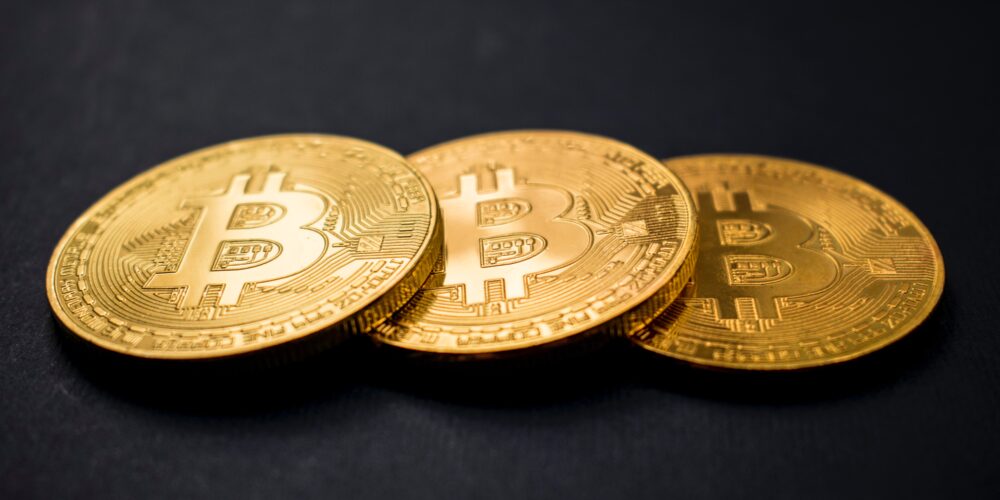bail-out
Bail-out is a term often used in the context of the cryptoasset market, referring to a situation in which an institution or investment entity requires financial support to avoid bankruptcy or insolvency. A bail-out can be provided by the government, financial institutions, or other entities willing to offer financial assistance in exchange for various forms of collateral or benefits.
What does a bail-out entail?
A bail-out can take various forms, such as providing a loan, injecting capital, financial guarantees, or purchasing troubled assets. The goal is to prevent a financial catastrophe and maintain market stability. In the case of the cryptoasset market, a bail-out may concern exchanges, blockchain projects, or other entities related to the cryptocurrency sector.
Why is bail-out controversial?
Financial aid provided through bail-outs can stir controversy, especially when involving major financial institutions or cryptocurrency projects. Critics argue that this can lead to moral hazard, where entities take irresponsible risks knowing that they will be rescued through a bail-out if needed. Additionally, bail-outs may raise questions of fairness and equality when some entities are rescued at the expense of others, which could be deemed unfair.
Examples of bail-outs in the history of the cryptoasset market
Over the years, various bail-out cases have occurred in the cryptoasset market. One of the most prominent was the case of the Mt. Gox exchange, which declared bankruptcy in 2014 after hackers stole over 800,000 bitcoins. As a result, the Japanese authorities decided to provide financial support to save investors’ funds. Another well-known case was the bail-out of The DAO project, which was attacked by hackers, necessitating intervention to restore investors’ funds.
Thus, bail-outs constitute a significant element in the functioning of the cryptoasset market, aiming to ensure stability and security for investors and the entire industry. However, their controversial nature and potential negative consequences spark numerous discussions and debates on issues of responsibility, fairness, and equal treatment in the cryptocurrency market.






